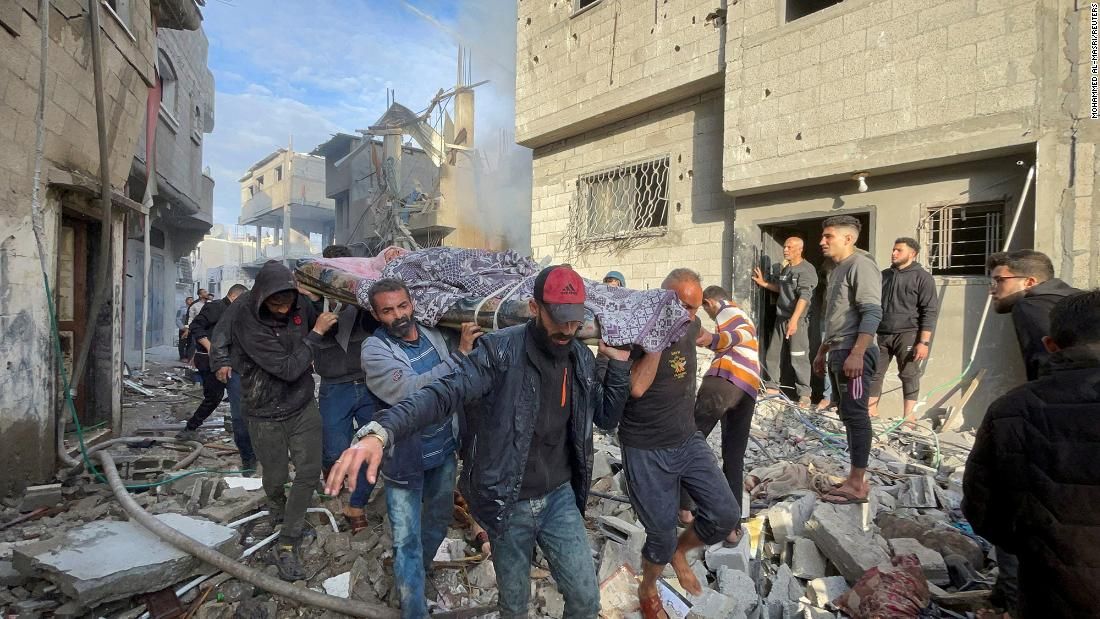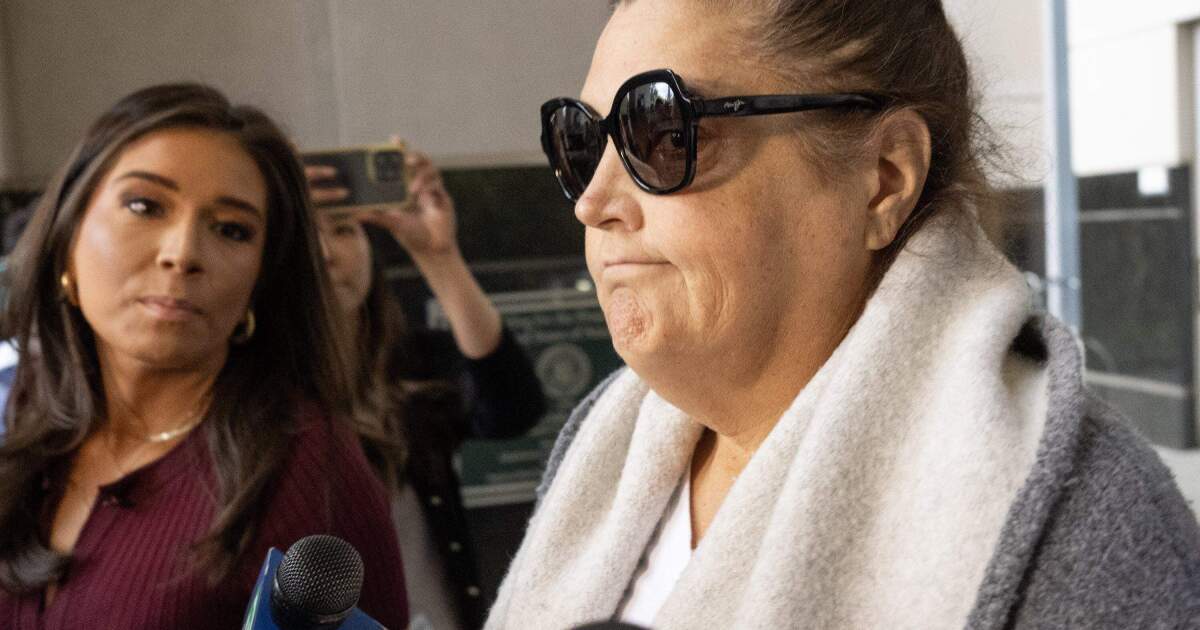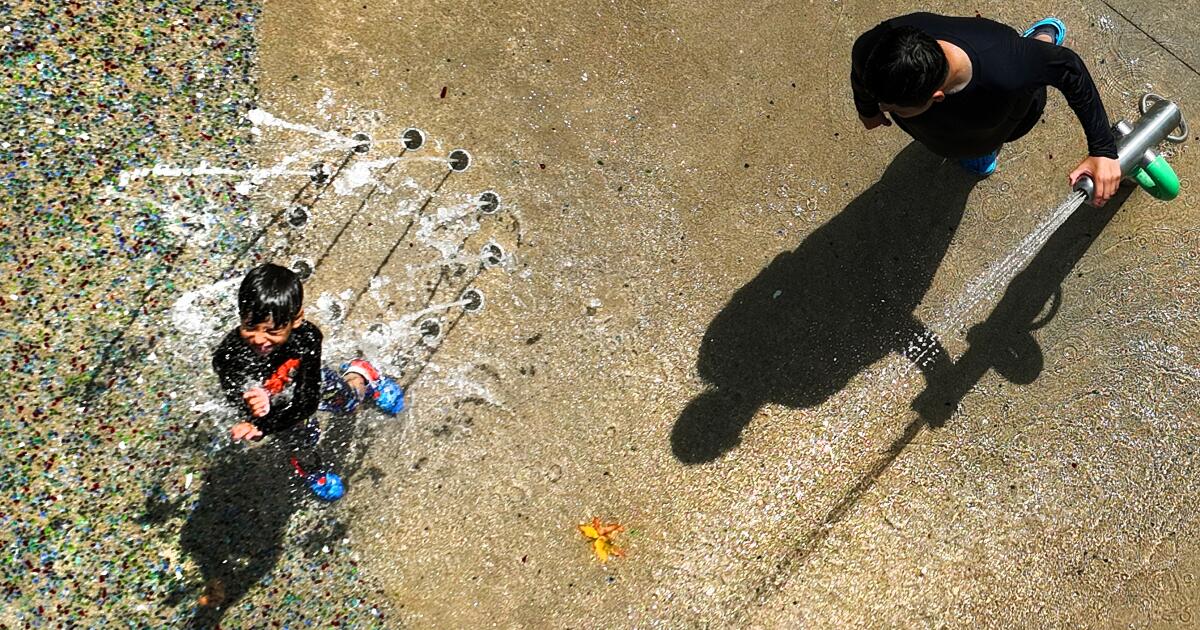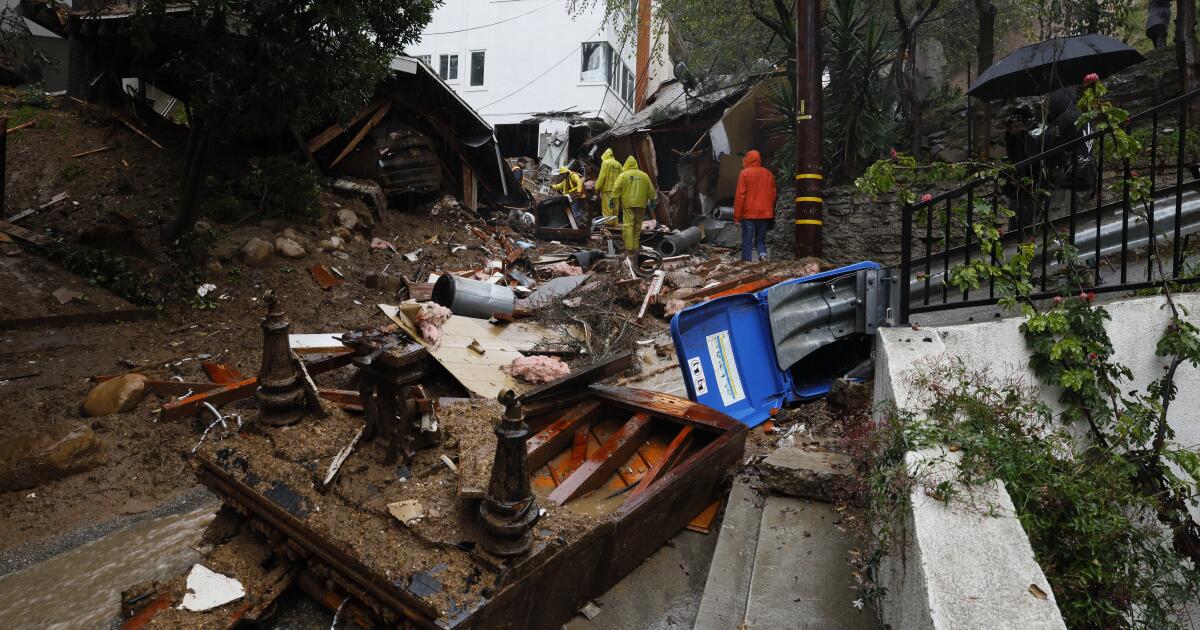Nearly three months after Israel’s military attack on Hamas in the Gaza Strip, divisions within its wartime government have become increasingly public.
Some of Israel’s top politicians sparred publicly on Friday after what one source described as a “brawl” at a security cabinet meeting over how to handle investigations into the October 7 Hamas attacks on Israel.
There have also been public disagreements over the post-war plan for Gaza.
Israeli Defense Minister Yoav Gallant on Thursday outlined a vision that does not foresee Hamas controlling the enclave and that there be no presence of Israeli citizens. The plan was criticized by the country’s far-right finance minister, who has championed the idea of a Palestinian exodus from Gaza. The minister called for renewed Israeli settlement construction in Gaza and the “voluntary migration” of its civilians.
Here’s what you need to know today:
The army will investigate the “failures”: Israel’s military is expected to launch an operational investigation to learn from its “failures” and apply those lessons to future security challenges, Israel Defense Forces (IDF) spokesman Daniel Hagari said on Friday. An internal investigation would be conducted within the chain of command, and former senior officials would conduct another investigation to “reflect externally on processes and decision-making,” Hagari said.
Famine “just around the corner” in Gaza: Gaza’s population faces the “highest levels of food insecurity ever recorded,” according to Martin Griffiths, the United Nations’ top emergency relief official. Gaza is “a place of death and despair,” Griffiths said Friday, as hundreds of thousands of displaced civilians live without access to basic needs in the tent camps that crowd southern Gaza.
Satellite images taken on Wednesday and released today show the magnitude of the crowding there.
Deadly Israeli airstrikes: Several Israeli airstrikes against Khan Younis in southern Gaza left at least 12 dead on Friday, according to a statement from the Palestinian Health Ministry in Ramallah.
Elsewhere, at least 10 Palestinians died in the Al-Maghazi refugee camp area, according to a doctor at Al Aqsa Martyrs Hospital. The doctor added that another airstrike on a house in Deir al-Balah killed three people and wounded seven. CNN has contacted the Israel Defense Forces for comment on the attacks.
Main diplomatic visits: Two key visits by Western officials this weekend come as Middle East leaders warn of the possibility of a widened regional conflict stemming from the war between Israel and Hamas.
United States Secretary of State Antony Blinken arrived in Turkey for the first stop of a multi-country tour. His visit will focus on indirect and secondary diplomacy with Iran, which backs the Houthi rebels in Yemen and the paramilitary group Hezbollah in Lebanon, two key players in inflamed tensions in the region.
Meanwhile, the European Union’s foreign policy chief is in Lebanon to discuss the situation on its border with Israel, which is the scene of regular clashes between Hezbollah and Israeli troops.
More on Iranian proxy groups: Hezbollah leader Hassan Nasrallah claimed on Friday that many Israeli troops have been killed or wounded during the ongoing clashes, which he said are aimed at “increasing pressure on the enemy government and stopping the attack on Gaza.”
Meanwhile, in Yemen, Houthi supporters gathered on Friday to commemorate fighters killed by the US Navy in the Red Sea on December 31.
Discovery of tunnels: Israel’s military released a video Friday showing one of what it says are seven tunnels beneath the Blue Beach resort along the Mediterranean Sea in northern Gaza. The Israel Defense Forces accuse Hamas of using the tunnel system to carry out “attacks both above and below ground.” CNN cannot independently verify the IDF’s claims.












